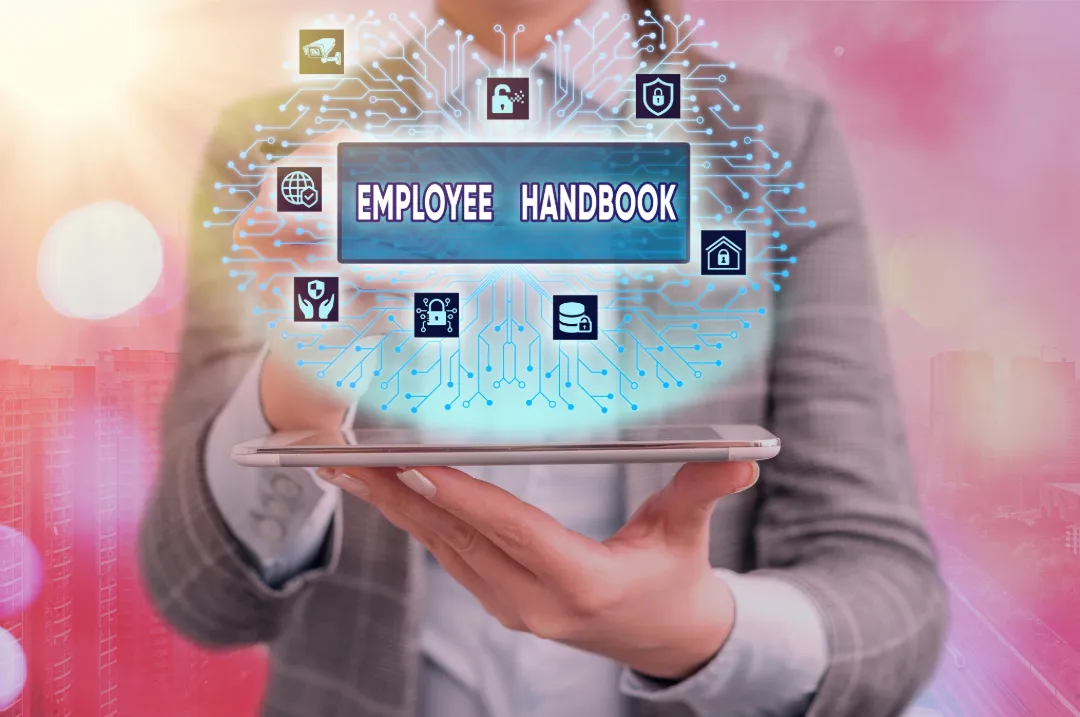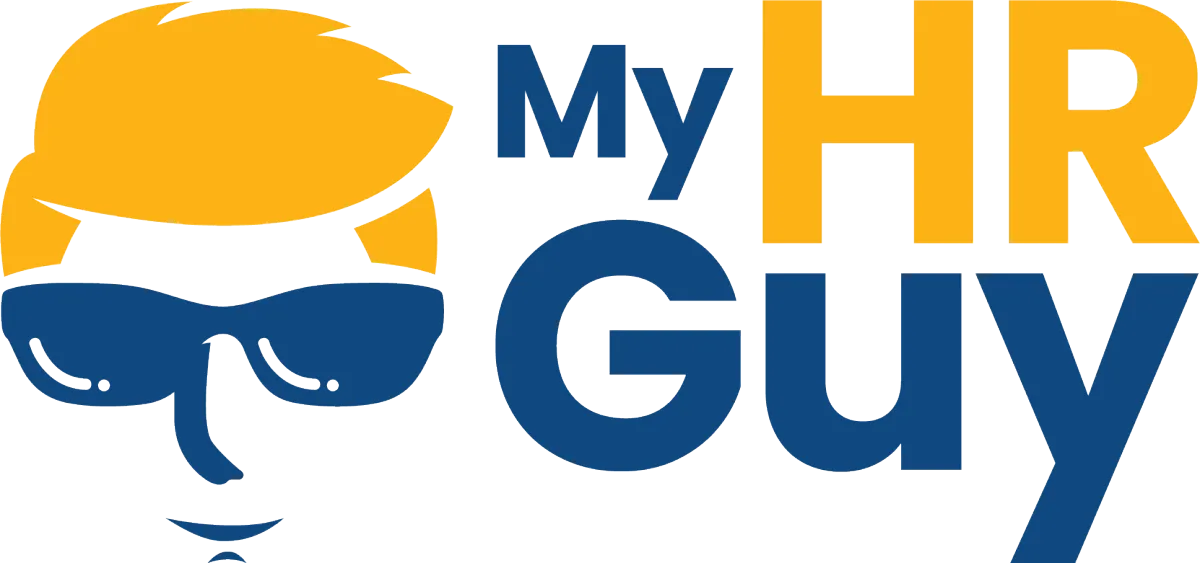
Why You Can’t Trust AI to Write Your Employee Handbook
We always say that the Employee Handbook is the cornerstone of your organization. It lets employees know what you expect of them, and tells them what to expect from company leadership. Plus, it acts as a legal document if needed.
To be useful, Employee Handbooks need to be PERSONALIZED. The information and policies depend on your industry, company size, state, and personal business preferences. This is why generic online templates tend to fall short - they simply can't accommodate all the nuances.
But what about AI? You could just list out all the details you need and it'll generate a Handbook specific to your business... right?
Not so fast.
Here are a few reasons to STAY AWAY from AI when it comes to writing your Employee Handbook.
You can't always trust the data that AI generates. Let's say you run a 10-person plumbing business in Texas. If you plug this into AI, how do you know if the info it generates for you is correct? Even if you take the time to double check the source websites, you can't always tell if it's providing the most up-to-date regulation. To test AI, we recently asked a simple question: "What's the minimum wage in New Jersey?" And the answer was blatantly wrong. If AI can't answer simple HR questions, don't trust it to mix together dozens (or even hundreds) of convoluted legal requirements that will supposedly dictate how you run your business.
If you don't know what to ask, AI can't give you what you need. Do you know if your state requires you to separate out Vacation vs. Sick Leave or if you can use all-in-one Paid Time Off (PTO)? Well, if you tell AI to include a PTO policy and it happens to be illegal in your state, AI probably won't question you and your Handbook will be out of compliance. If you forget to ask for a company vehicle policy (which is very uncommon in the office-based businesses typically referenced in HR policies), you probably won't get one. Unless you know exactly what to ask of AI, you are at the mercy of whatever it chooses to provide. On the flip side, what if you ask AI to give you every possible policy to be sure you won't miss anything? You could end up with requirements you never dreamed of following. Your 10-person plumbing company in Texas probably doesn't want to follow California FMLA policies for 50+ employees, right?? But if AI puts it in your Employee Handbook, you're now legally required to follow it.
AI doesn't think big picture. Your Handbook doesn't act in isolation. These policies interact with your employee documents, pay plan setup, safety manual, and more. If your Handbook says you offer PTO but your payroll system instead divides it into Vacation vs. Sick Time, your business is out of alignment with your legally-binding document. Or AI might create a Handbook that even has internal inconsistences in time-off policies, maybe copying one section from a document it found on one part of the internet and the next from somewhere else. Not a good way to run a cohesive business.
AI won't hold up in court. If you wind up in court for an issue with a policy, you can explain that you did your best and made a good faith effort. Most states (even California) have laws to allow some leniency in these scenarios. However, this DO NOT apply to AI. If you don't have human eyes on your policies and act with intention, you could get into serious legal trouble if it turns out something is incorrect. Not worth the risk.
So you need an Employee Handbook but you can't trust online templates, or AI, or your buddy who runs a company down the street (do you have identical companies and business preferences and policies? I didn't think so.). Where do you get a legitimate Handbook?
That's where we come in. We provide REAL expertise from REAL people who will research, think critically, ask questions, and ensure you get exactly what you need. And because we do this for clients every day, and across all states, we can even bring you best practices to help when you're unsure what you want to do... like whether to offer bereavement leave when an employee's wife's grandparent passes away. Reach out to us and we can help!

